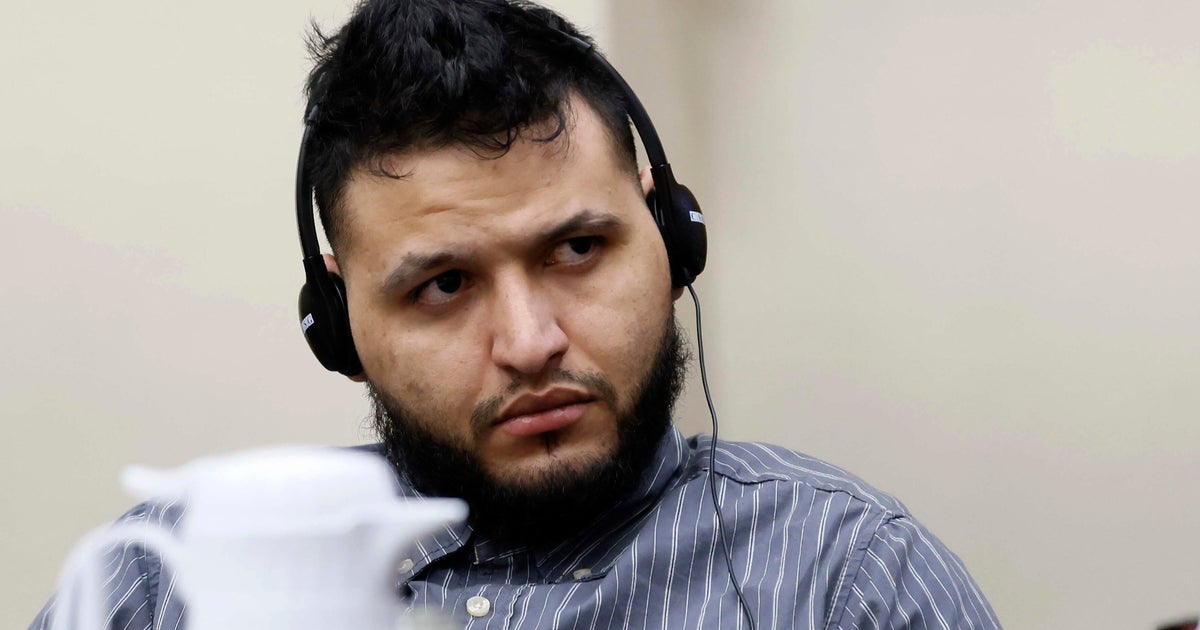Minimum wage vote postponed again by Senate Democrats
Senate Majority Leader Harry Reid, D-Nev., has pushed off a vote on increasing the minimum wage until late March or early April, citing scheduling conflicts and obstruction by Senate Republicans.
Reid initially said he would hold a vote on the legislation – a top priority for Democrats this year – at the beginning of March, but indicated today that would no longer be possible.
“You saw the performance today -- Republicans forcing votes on matters that we reported unanimously out of judiciary committee,” he said. “So, the slowdown has been a result of continued obstruction, a desire that we do something on unemployment benefit extension and the problem with nominations.”
The majority leader has also struggled to secure passage of an extension of Emergency Unemployment Compensation (EUC) program, as Republicans have sought both an offset for the spending and an open amendment process, the latter of which Reid is unwilling to give.
But where he has full Democratic support on EUC benefits, Reid could struggle to hold his full caucus together on the minimum wage. Sen. Mark Pryor, D-Ark., who is facing a tough reelection back home, has said raising the minimum wage to $10.10 an hour is too much, too fast. And Sen. Mary Landrieu, D-La., with her own reelection woes, hasn’t committed to full $10.10 figure – something Reid has indicated is non-negotiable.
“People have a right to vote however they want,” Reid said. But he added it makes it “tough” when private companies like Gap, Inc., have voluntarily raised their own minimum wages.
Sen. Tom Harkin, D-Iowa, one of the coauthors of the minimum wage bill, argued that the amount the wage would go up matches an increase signed into law by former President George W. Bush (a 42 percent increase over three years under Bush versus a 39 percent increase over three years, which is being proposed in 2014).
“If you don’t like $10.10, what you are saying in effect is, ‘I want a minimum wage whereby if you work full time in a job you are going to below poverty.’ Well, if people want to vote that way, that’s their conscience, but I don’t find too many Democrats who want to vote that way,” Harkin said.
Without some Democratic support, it’s hard to see the Senate getting enough votes for the increase.
Republicans won’t necessarily make up for reticent Democrats. Minority Leader Mitch McConnell, R-Ky., said he hopes the bill doesn’t have a chance, citing a study from the Congressional Budget Office that said raising the minimum wage could cost 500,000 jobs (though it would also raise wages for an estimated 16.5 million people).
“The last thing we need to be doing right now in our country is passing legislation that destroys even more jobs. This is a tepid recovery at best – the worst recovery after a deep recession since World War II. Goodness gracious,” McConnell said.
Harkin said he has talked to many Republicans, some of whom are opposed to the bill, some of whom are thinking about it and others who are waiting to see what happens. While Republicans would be likely to seek a full and open amendment process, Harkin argues that would kill the bill – an area where Reid is likely to agree, which could fuel Republican opposition.



